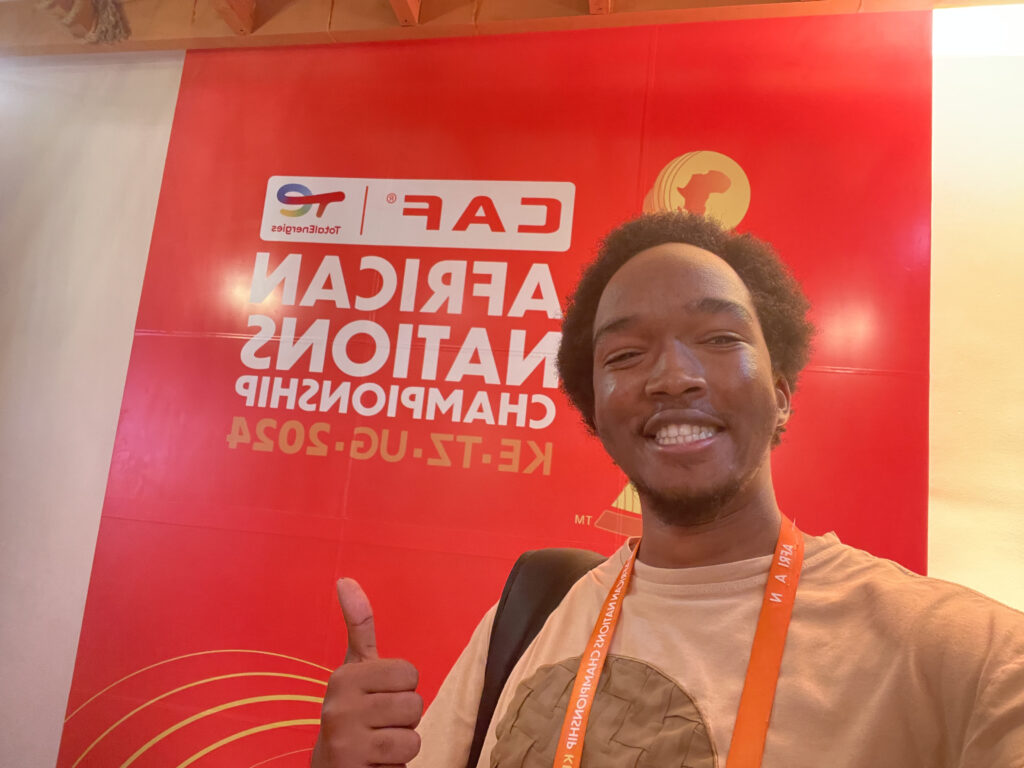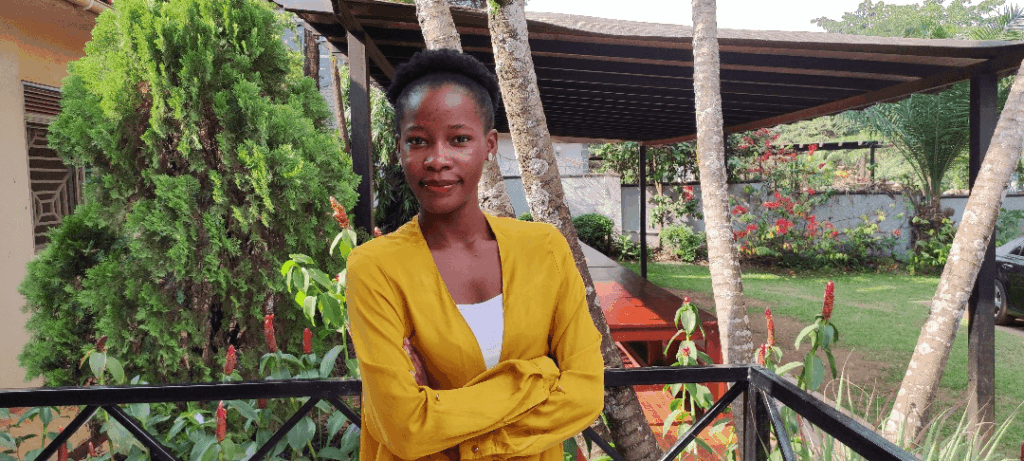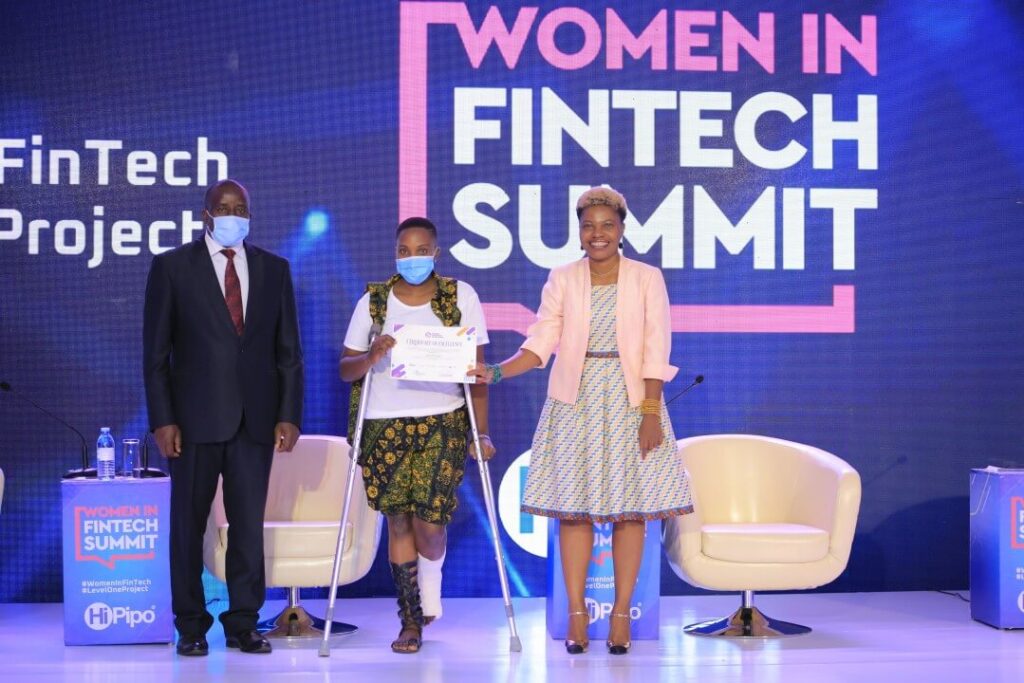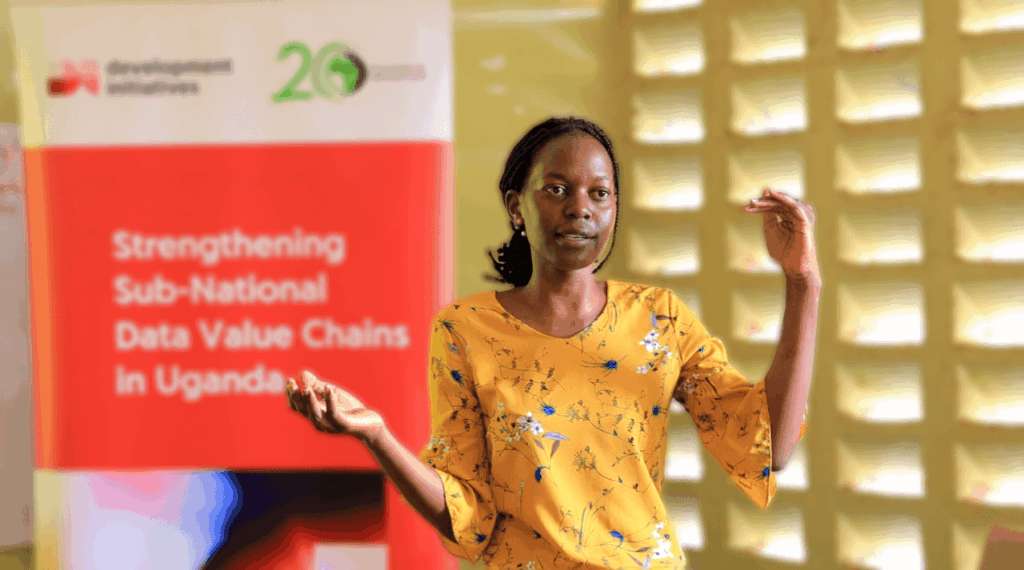You wouldn’t tell by looking what a student-favorite Osman is; going by an easy “Ozzy” short form of his name, to his students. It is not surprising though, when you learn how much Osman loves to teach. Osman boosts 12 years experience in information systems, data analysts and ICT quality assurance. He holds a Master’s degree in Information Systems, and certificate in Gis-remote sensing certificate. He is one of Refactory’s longest-serving facilitators, going from full-stack Javascript to python web development.
Buyondo has worked as an ICT system and software quality assurance engineer at Mountbatten, been a senior data analyst with Africell, Python Software Foundation (PSF) Ambassador. “I have also worked on software development projects for the World Bank, and UNICEF among others. These have been amazing places with a lot of learning and connections,” he says.
However, the need to give back to the community and pass on what he has learned led him to part-time with Refactory. “We had a shared vision of refactoring employable technological skills of the youthful generation. Since 2018, I give them just enough time to facilitate technical learning,” he says.
Over the 5 years Osman has served at Refactory, he has instructed students in application security, code refactoring, Javascript, Nodejs, Python, Django, and Behavioural Driven-Development. He attributes his versatility and expertise in these different areas to the vast experience he has gained working on projects in a wide range of industries and in development work.
It has become increasingly clear to Osman that learning technical skills and abilities is all about the attitude; with the right attitude from the learner, there is no need for other qualifications – academic or otherwise. “When learners are dedicated to learning with the right facilitator, real-world skills, and experience abilities, there is no need to set entry qualifications for software development. I believe that anyone can code, thereby solving computational and societal problems through programming regardless of of learners or age or gender,” he says.
Curriculum Development
It is clear from listening to Osman what importance he attaches to the right curriculum if one is to receive the right balance of toolset, skillset and mindset for software engineering. He has thus taken part in restructuring the curriculum for the core courses at Refactory several times over his 5-year stay in a bid to make the most of the limited time of learning, high demand for employable tech skills, and the complexity of the technical content. “The result is a well-balanced curriculum that, in the shortest time possible, ensures that learners are equipped with in-demand practical technical & non-technical skills,” he says.
Technology is an exciting industry. With so many advancements coming at us faster than most can muster, we must always review and update the training content, something Refactory does often. “We desire to make market-worthy people and ensuring that the curricular aligns with the market needs is crucial,” Buyondo says.
Ups & Downs of the Journey
Osman has shared several beautiful moments with his students & colleagues over the years. One of the best things about giving back in this industry is seeing young people who you have taught also joining you on the facilitation team. “It is a pleasure to see the likes of Irene Nyakate, Steven Kasirye, and Steven Kawoooya who studied at Refactory just recently join me in building the industry,” he says.
Another particularly amazing moment is seeing students get retained by companies whose projects the trainees execute while at Refactory. It is a prideful moment for a facilitator to be a small part of their journey and success in this industry.
This work is not without its hardships. When due to the COVID-19 pandemic, the world had to lock down most physical engagements, switching to virtual learning during the first lockdown in Uganda was particularly trying for anyone who had to teach technical content. “We had operated in-person but had to start teaching virtually. However, everything that would go wrong did. For instance, the internet connection was poor hence disturbing delivery. On the other hand, teaching virtually was a new phenomenon. Using Zoom did not help matters as it had bugs yet lacked some features for technical teaching,” Buyondo says.
These changes and challenges also made room for learning and advancements in our mode of delivery. “For instance, wingmen (co-facilitators) were introduced to support learning during virtual classes. That way, learners settled in. In addition, periodically, we arranged physical classes,” Buyondo says.
As one of the longest staff members, he delights in how far Refactory has come. “I have seen the expansion of learning tracks, improved curricular, new industrial partnerships, and learning arrangements; blended learning to purely virtual learning,” Buyondo says. Osman is clearly gearing up to give more and take more out of his experiences facilitating learning in the tech industry and hopes that more people will join this thrilling journey.








